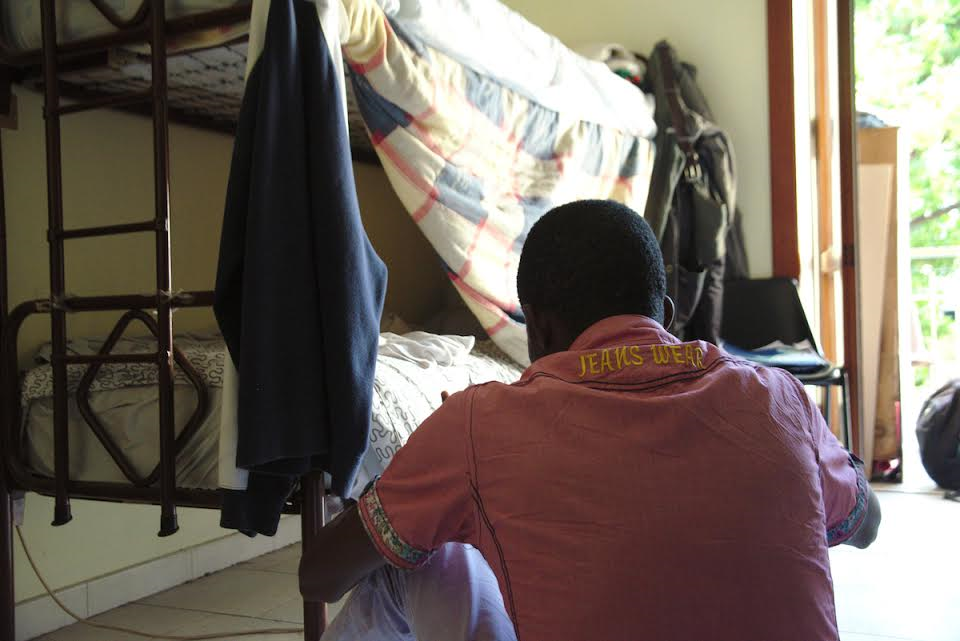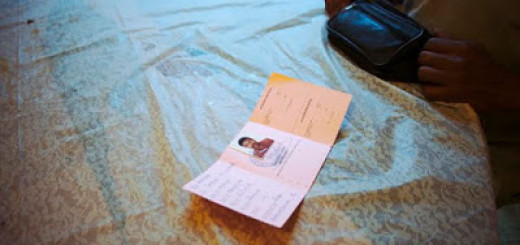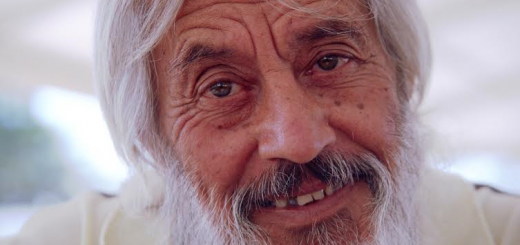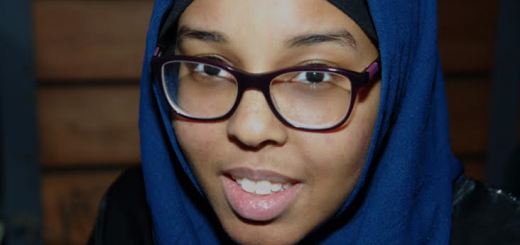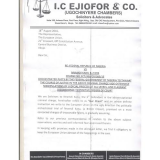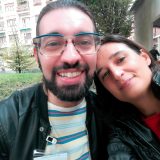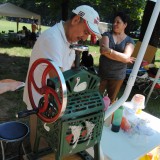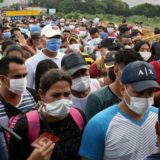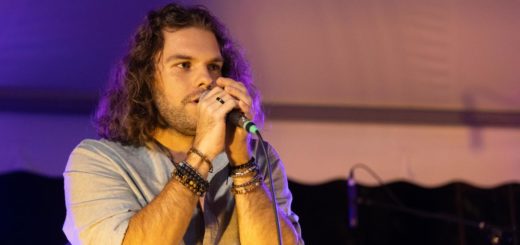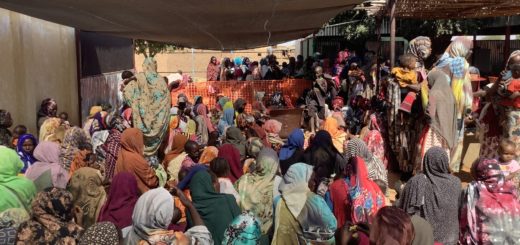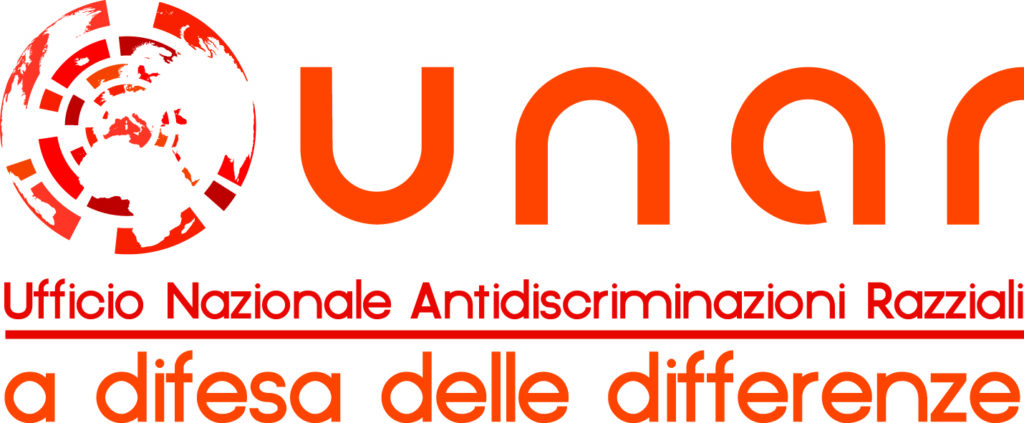“Hate crimes in Europe”: Nel viaggio di speranza dall’Africa, molti incontrano odio/Revealing Hate in the African Journeys of Hope
di Cinzia D’Ambrosi (da Londra per Associazione per i Diritti umani)
Al Centro Astalli ,Sud di Napoli, rifugiati e richiedenti asilo trovano riparo, pasti, assistenza legale e medica. La maggior parte degli occupanti sono reduci da un lungo e travagliato viaggio dalla Libia alla Sicilia, dove coloro che sono registrati vengono successivamente inviati in vari centri in Italia. Il Centro Astalli Sud è uno di questi. Essere stata invitata a trascorrere del tempo nel centro e’ stata un’esperienza umanamente molto importante. Ho ascoltato storie emotivamente forti, esperienze passate ed aspirazioni future e ho visto prove dolorose del loro passato: paura costante di essere uccisi in conflitti, guerre, poverta’ estrema e fame. Per molti non c’era via d’uscita, ma hanno potuto solo fuggire. Tra i racconti anche atti di estrema tortura e segregazione in Libia. Il loro colore della pella, l’essere cristiani e rifugiati li hanno resi vulnerabili ed in balia di sevizie, detenzione o uccisioni.
Sono stati testimoni d’episodi orribili, ma la cosa peggiore è stata la mancanza di uno spazio dove potessero sentirsi al sicuro. Uno di loro, che chiameremo solo con la iniziale del nome E., racconta “Chiunque può girare con una pistola, decidere di utilizzarla ed uccidere e non verrebbe punito. Anche i bambini portano una pistola.” Il livello di segregazione è preoccupante. Hanno condiviso di essere stati tenuti in tantissimi in cortili per giorni quasi senza acqua o cibo senza alcuna informazione sul loro futuro.
In Italia, sono lasciati con le loro cicatrici; quelle fisiche magari possono andare via con il passsare del tempo, ma lo stress emotivo ha bisogno di una cura diversa. La combinazione del loro stress ed ansia con cio’ che hanno visto, vissuto e sentito li rende completamente alienati. La necessità di una cura della salute mentale adequata ed un’integrazione più veloce sono due fattori paralleli che bisogna impegnarsi ad attuare per facilitare un sostegno appropriato ed umano.
“We are waiting for our life to begin again”.
“Aspettiamo che la nostra vita inizi di nuovo”
Image copyright © Cinzia D’Ambrosi
At the Centro Astalli Sud in Naples,Italy, refugees and asylum seekers find shelter, meals, legal and medical assistance. Most of the occupants have made their journey from Lybia to Sicily, where those that are registered are sent to various centres in Italy. The Centro Astalli Sud is one of these. Spending some time at the centre, I learned of their stories, experiences and aspirations.
Nonetheless, the painful ordeals of an existence in fear of being killed in conflict, wars, extreme poverty and hunger. There is no way out but to flee.
Those that have shared their experiences have recounted acts of extreme torture and segregation in Lybia. They have felt that being black, Christian made them further vulnerable and at the mercy of being tortured, detained or killed. They have witnessed horrible things but the worst of it all has been the lack of a space where they could feel safe. It appeared to be none. E. “Anybody could turn around , decide to use the gun, aim, kill and would not be prosecuted. Even children are carrying a gun.”
The level of segregation is also a concern. They have shared of being kept in big numbers in courtyards for days with hardly any water or food and knowledge of what was going to happen to them.
Today, in Italy they are left dealing with their scars, mostly of psychological nature. The physical torture may go away but the emotional toll needs a different care. Combining the stress and anxiety of their lives in a limbo state with the stress of what they have witnessed, experienced and felt is leaving them completely alienated. The need for mental health care but also that of a faster integration is very important.

